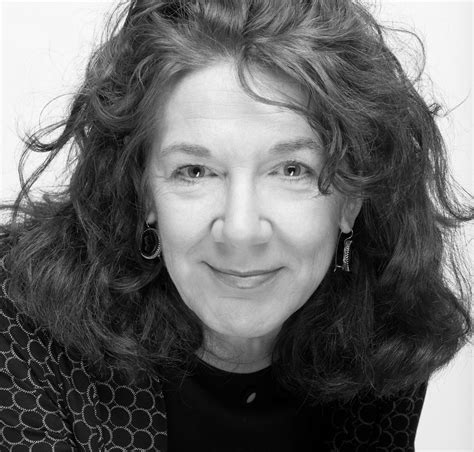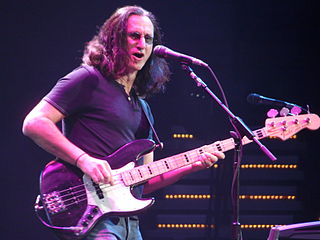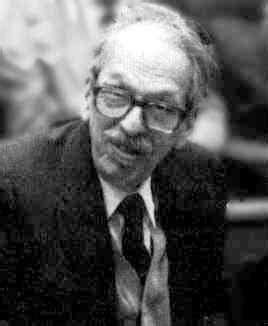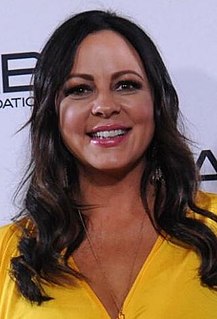A Quote by Vijay Seshadri
Historically, there are hierarchies of purity. Certain aspects of poetry are very, very pure. The lyric poem can't be anything but the lyric poem.
Related Quotes
I have taught the long poem off and on for years. The more book-length poems I read and studied and taught the more interested I was in the possibilities in writing a poetry that applied formal and substantive options of narrative and non-narrative, lyric and non-lyric. I found many pleasures in this kind of writing. The long poem is as old as the art form.
Poetry of all the forms of literature I think is the most suited for the digital age and for the shorter attention spans and all of that. It Twitters very easily, some lyric poems and it's very easy to zip a poem to someone, so that's one of the things I think is wonderful about poetry in the digital age.
Poetry is like a portrait of a moment or person, and the poem is almost like looking at a photograph; it slaps you in the face and kisses you at the same time. Nothing else does that, with that brevity. Songs try to do it, but that's three minutes. A poem, you read it and it kind of changes your life and you don't know how it happened and you can never forget it. It's like the best song lyric, the best line from a film-everything in the world that's short and great put together.






































